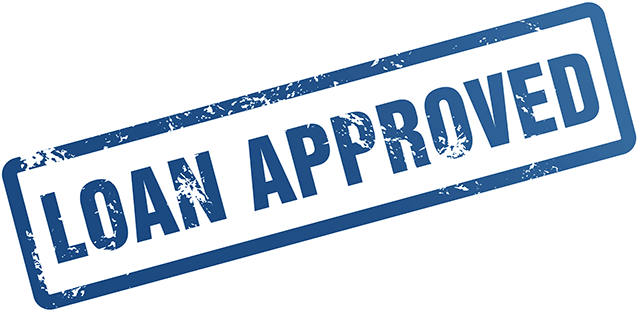A Guide to USDA Loan Qualifications
Buying a home is a tall order. If you live in one, it is easy to underestimate the effort taken to buy it. For many people in the United States, living in their own home is a far-off dream that they do not see coming to pass. They only plan on renting until something miraculous happens.
Did you know that if you met some USDA loan qualifications, then you could be offered a mortgage at favorable rates? Well, the government has a program aimed to stimulate development in rural areas, and if you qualify for it, it is easy to find yourself in your own home.

Read own and find out more about USDA loan qualifications;
What are USDA Mortgages?
These are home loans that are covered by the United States Department of Agriculture. They are meant to help people with low and medium-incomes to buy houses in rural areas. They are part of a broader strategy meant to stimulate growth in these underdeveloped areas.
The loans are not offered by the government directly, but regular third party lenders. These lenders are called USDA lenders, and they are known to provide these loans. The government insures the loans and will compensate them in case a borrower defaults the loan. The whole USDA plan has several different types of mini loans, and it is vital to understand which one suits you.
How do they Work?
One of the most popular USDA loans is Section 502 Guaranteed Rural Housing Loan. Just like other popular government-backed loans, this one is backed by the authorities via mortgage insurance. They span for 30 years and have fixed rates among a host of other excellent features. Before you get this loan, it is crucial to look at the USDA loan qualifications and ensure that you meet them. With such an attractive loan, it is evident that many people, even ones that are not in rural areas, might try their luck. However, this beats the whole logic of the program, a reason why the lenders are strict on the USDA loan qualifications, and borrowers are vetted to ensure that they meet them before their house purchases are financed.
What are the Advantages of USDA Loans?
They Help to Develop Rural Areas
The greater cause of USDA loans is a good thing for the people and the economy at large. These rural areas often drag behind in terms of development since most of the people working there do not earn much. The USDA loan qualifications are meant to filter the borrowers and help low and mid-income earners to get their own homes. This way, more people will come out and buy houses, something that is great for rural economies.
Zero Down Payments
With the USDA loans, you are not required to pay any amount as the down payment. This is good for the low-income earners who mostly live from hand to mouth, and might not have any amount to pay as down payment. Compared to other loans such as the FHA one that requires a 3.5% down payment, this one gives them a softer landing.
Lenient Credit Score USDA loan qualifications
The USDA does not need borrowers to have a high credit score. Note that this varies from lender to lender, as the USDA loan qualifications can have a few variations depending on where you are taking it from. Lenders have their credit standards, and some might reject your application, even if you meet all the other qualifications.
Flexible Loan Limits
The USDA puts caps on the loans based on the income and debt-to-income ratio of the borrowers. One of the qualifications states that you should have a steady job and be able to pay back the loan. This way, the caps can be high, allowing them to get a reasonably nice home.
Low-Cost Loans
The USDA offers some of the lowest rates on mortgages. The guarantee fee people are required to pay at the beginning of the loan is added to the balance. The interest rates are also lower than the market averages, meaning that borrowers pay less.
USDA loans are great, but only if you meet USDA loan qualifications. The qualifications are stringent, and if you happen to have a good-paying job, you might not qualify. The lenders that offer these loans are also few, thus limiting the options for those who meet the USDA loan qualifications.
All in all, applying for it is simple, and once you qualify and nail down the right lender, everything else should be straightforward. Get your paperwork ready as it will be needed to approve the loan. You will need very little money at the start as the program is meant to be this way. If you do not qualify for one, it is not all doom and gloom as you can still check out the FHA loans and land one with suitable terms.
